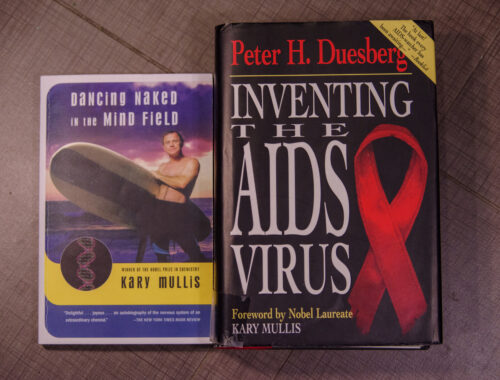
Any Remorse? Justice? Freedom?
At one time, I stumbled upon a video or two in which a psychiatrist of some sort explained the difference between sociopaths and psychopaths. (I think I may have written about it.) The net/net was that psychopaths are born with the physical inability to feel remorse. Essentially, they are not wired that way. Sociopaths, on the other hand, develop the inability to feel remorse due to trauma experienced in life. Do you ever wonder how many socio- or psychopaths are wandering around in the world? Do you ever wonder how many of them have risen in the ranks to the point at which their selfish decisions affect the lives of wide swaths of people?
One of the books I am reading now is Licensed to Lie: Exposing Corruption in the Department of Justice by Sidney Powell. Powell is a good writer, and page after page, she is leaving me agog with the ways in which C-suite executives, lawyers, and judges have cavalierly ruined the lives of millions of people. So, I am left wondering about many of them: are they psychopaths, average folk corrupted by money and power, victims of blackmail, or just plain evil?
While it is tempting to minimize in our minds the risk such folk might pose, I don’t think it’s wise to do so. Chances are, they have already affected your life more than you can imagine. For instance, Sidney Powell shares terrifying tales about Department of Justice lawyers ruining the lives of innocent people, including her client Jim Brown, through its prosecution of cases involving Houston energy giant Enron (and associated companies, such as Brown’s employer, Merrill Lynch) and US Senator Ted Stevens from Alaska. Powell has this to say about the institution charged with seeing justice prevail:
The department was way too political, incestuous, self-serving, and self-institutionalized. … Some lawyers opined that it really needed to be cleaned out from top to bottom with bleach and fire hoses. Too many people had been there too long. A select few moved in and out of the upper echelon of the department depending on the political party in power.
“Main Justice,” as insiders called it, had descended to inbreed arrogance and political abuse of power, and the narcissists who wielded it produced disregard for the rule of law.
She was speaking about the department in 2009 and in years prior to that. Has anything changed? If prosecuting attorneys for the US government can act illegally to win at any cost—which they did, as Powell lays out—and if these same prosecutors are enabled by judges (as is true in many cases), how can an average citizen expect to get justice under the law? Sure, you may not have ever committed a crime and are not planning to, but what if you are accused of doing so, and the system is rigged against you?
While I do not like to dwell on things outside of my control, I do like to understand what goes on in the world around me, perhaps only so I’ll see the flash from the barrel of the gun, or, perhaps, so I can finally figure out what role I may have in changing things.
For the very near future, I’ll keep researching and asking questions, like these: How widespread is the corruption in American government? How may psychopaths are running the show? How do they affect the innocent?




